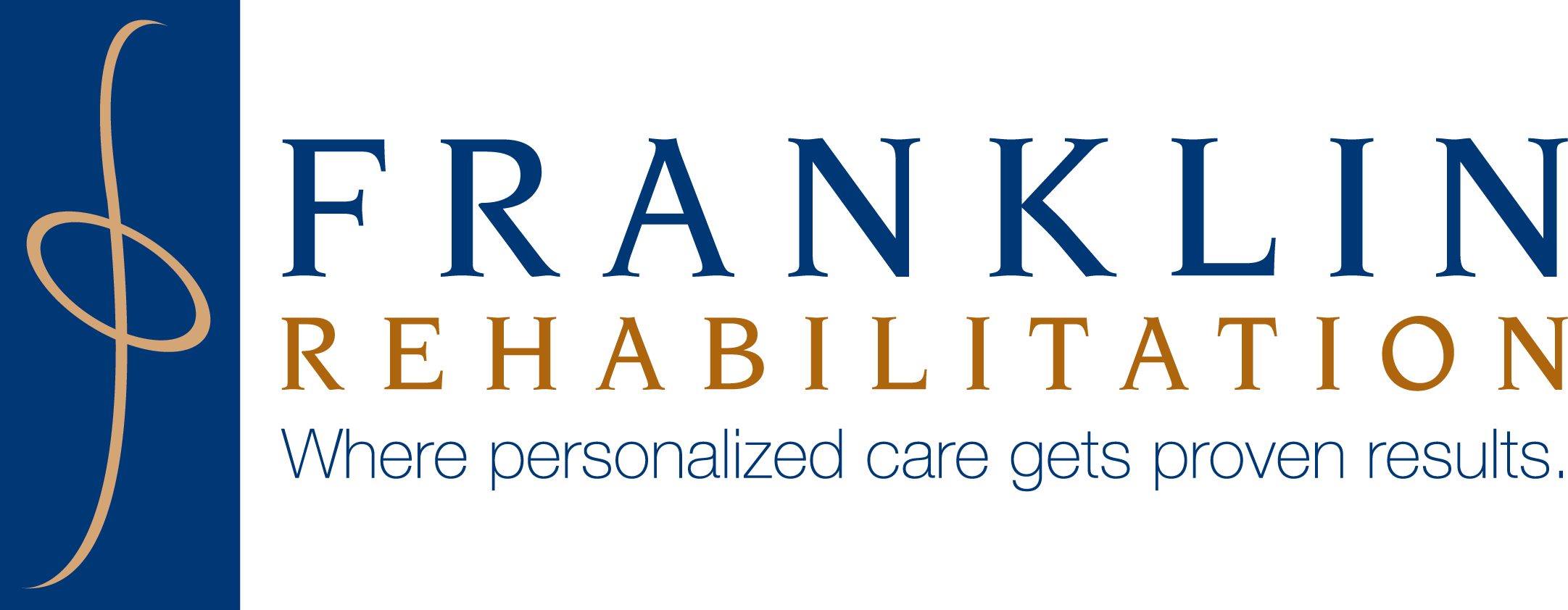Why do I have neck pain after sleeping?

Waking up with a sore neck is the last thing you want when starting your day. Neck pain after sleeping can quickly ruin your mood and make simple movements painful.
Thankfully, most common causes of morning neck pain are treatable. Continue reading to learn more about what could be behind your neck pain and how physical therapy can help provide neck pain relief.
5 possible causes for your morning neck pain
There are a variety of reasons that you may have neck pain after sleeping. In this article, we’ll take a closer look at five possible causes behind your morning neck pain:
- Your sleeping position — Your preferred sleeping position may be placing strain on your neck and back muscles. This is especially true if you prefer to sleep on your stomach. This sleeping position causes your neck to be twisted to one side for hours at a time. Holding your neck in an awkward position for a prolonged period of time can cause tightness and stiffness in your neck muscles, leading to morning neck pain.
- Your pillow — Your pillow supports your head and neck for multiple hours a night. This is why choosing the right pillow is essential to proper sleeping posture and a pain-free neck. You want to choose a pillow that keeps your spine and neck in a neutral position, like a memory-foam pillow. Without proper support from your pillow, you may experience neck pain after sleeping.
- Muscle strain — A muscle strain, or pulled muscle, occurs when your muscle is overstretched or torn. This injury is often the result of fatigue, overuse or improper use of a muscle. Muscle strains are typically associated with rigorous exercises and high intensity workouts. However, muscle strains can also be the result of poor posture or holding your neck or back in an uncomfortable position for long periods of time. Strains can also happen when you slip or lose your footing. Muscle strains typically cause stiffness, weakness and pain in the affected muscle. If you have a strain in your neck, you may experience neck pain after sleeping.
- Nerve compression — Nerve compression occurs when a nerve is squeezed or compacted by the surrounding bone or muscles. Nerve compression typically causes swelling, inflammation, pain and muscle weakness. Nerve compression in the neck can be caused by a variety of conditions and injuries, including herniated discs and bone spurs. Any of these conditions can be accompanied by neck pain after sleeping.
- Whiplash — Whiplash is a specific type of injury that occurs in the muscles in your neck. It is caused when a person’s head moves forward and then backward (or vice versa) suddenly with great force. This sudden movement causes the tendons in your neck to stretch and tear. Whiplash is commonly associated with rear-end auto collisions. It can also be caused by sports injuries, a blow to the head or even amusement park rides. Some people may experience chronic pain or headache years after injury. This could also be linked to your morning neck pain.
3 PT techniques that can help reduce your morning neck pain
If your morning neck pain is connected to a muscular injury or condition, physical therapy may be able to help treat your symptoms. Here are three techniques a physical therapist may use to reduce your neck pain after sleeping:
- Manual therapy — Manual therapy involves a physical therapist using their hands to manipulate your spine and neck to reduce tension and increase mobility in the area. A therapist may also move and manipulate the soft tissue in the affected area. This technique can be used to increase blood flow, break up scar tissue and reduce your pain.
- Transcutaneous electrical nerve stimulation (TENS) — TENS therapy is a PT technique used with the intention of providing pain relief. During treatment, a physical therapist will apply electrodes to the surface of your skin. The electrodes are placed at or near where the pain is located. A battery-powered device delivers low-voltage electrical impulses through these electrodes. TENS therapy has been used to relieve both chronic and acute pain. These electrical impulses can be used to manage your neck pain after sleeping.
- Stretching and strengthening exercises — Most people assume they should avoid exercising while injured. However, gentle stretching and strengthening exercises can actually help reduce pain and discomfort for certain injuries. A physical therapist can help design an exercise routine that can help reduce tension and increase flexibility in the muscles in your neck. They may also incorporate core strengthening exercises that help improve your posture and reduce your risk of injury.
Consistently experiencing neck pain after sleeping? Franklin Rehab is here to help
Our team at Franklin Rehabilitation has a variety of PT techniques at our disposal to help you reduce your morning neck pain. We use these techniques to achieve three goals for each patient.
Our first goal is to find the cause of your pain. When you first visit one of our locations, a member of our therapy team will conduct a free initial assessment. During this initial assessment, they will evaluate your symptoms and determine the cause of your morning neck pain. The next goal is to treat the direct cause or causes of your pain. After your initial assessment, your physical therapist will create a treatment plan designed to address the root cause of your symptoms.
Our third goal is to help prevent future injury. Our team will provide you with tools to help you prevent your neck pain from returning. This may include information on proper sleeping posture or an at-home program that may reduce your need for return visits.
Contact our team today for more information or to schedule a free initial assessment.
